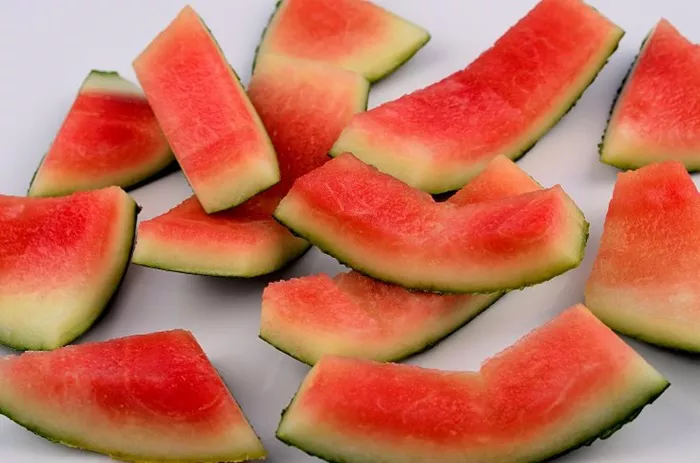As the summer heat intensifies, adding cooling herbs to your diet can provide refreshing relief while enhancing your nutritional intake. Herbs such as mint, coriander, and basil not only elevate the flavor of dishes but also offer significant health benefits. They can be easily incorporated into salads, soups, and juices.
Mint: A Vitamin Powerhouse
Renowned for its invigorating taste and aroma, mint is packed with essential nutrients. It boasts vitamins A and C, iron, calcium, magnesium, and potassium. Just one tablespoon of fresh mint (about 3.2 grams) contains approximately one calorie, six percent of the Daily Value (DV) of vitamin A, one percent of the DV of vitamin C, and one percent of the DV of iron.
Menthol, a key component in mint, relaxes the gastrointestinal muscles, easing indigestion, bloating, and gas. It also has decongestant properties, alleviating cold and allergy symptoms by breaking down mucus. Rich in antioxidants, mint combats oxidative stress, potentially reducing the risk of chronic diseases such as heart disease and cancer. Additionally, chewing mint leaves or using mint-flavored oral products can freshen breath and reduce oral bacteria. Add mint leaves to iced teas, lemonades, and smoothies for a refreshing twist, or incorporate them into salads, salsas, and desserts.
Coriander: A Nutrient-Rich Herb
Also known as cilantro, coriander is a herb loaded with vitamins and minerals. A quarter cup (about four grams) of fresh cilantro contains only one calorie, five percent of the DV of vitamin A, two percent of the DV of vitamin C, and 16 percent of the DV of vitamin K.
Coriander aids in the removal of heavy metals from the body, such as mercury and lead. It contains cineole and linoleic acid, which have anti-inflammatory effects, helping to alleviate symptoms of arthritis and other inflammatory conditions. With its antimicrobial properties, coriander effectively fights infections and bacteria. High in antioxidants, it protects cells from damage and may reduce the risk of various chronic diseases. Sprinkle coriander leaves on dishes, guacamole, salsa, and salads, or use them as a garnish for soups and grilled meats.
Basil: An Anti-Inflammatory Shield
Basil is rich in vitamins A, K, and C, as well as magnesium, iron, potassium, and calcium. One tablespoon (about 2.5 grams) of fresh basil provides approximately one calorie, three percent of the DV of vitamin A, and 13 percent of the DV of vitamin K.
Eugenol, found in basil, has anti-inflammatory properties that help reduce swelling and pain. Basil is also rich in antioxidants, protecting the body from free radical damage. Its adaptogenic properties help the body cope with stress and improve mental clarity. Basil is perfect for summer pesto, salads, and refreshing drinks and lemonades. It also pairs well with tomatoes.
Lemon Balm: A Herb for Better Sleep
Lemon balm, a member of the mint family, offers a mild lemon flavor and is rich in antioxidants, vitamin C, thiamine, and folate.
Known for its calming properties, lemon balm can help reduce anxiety and improve sleep. It also soothes the digestive tract, reducing symptoms of indigestion and bloating. Lemon balm can be infused in iced teas, used in fruit salads, or added to desserts for a zesty flavor.
Incorporating these cooling herbs into your summer diet not only enhances the flavor of your meals but also provides numerous health benefits, making them a valuable addition to your nutritional regimen.
































